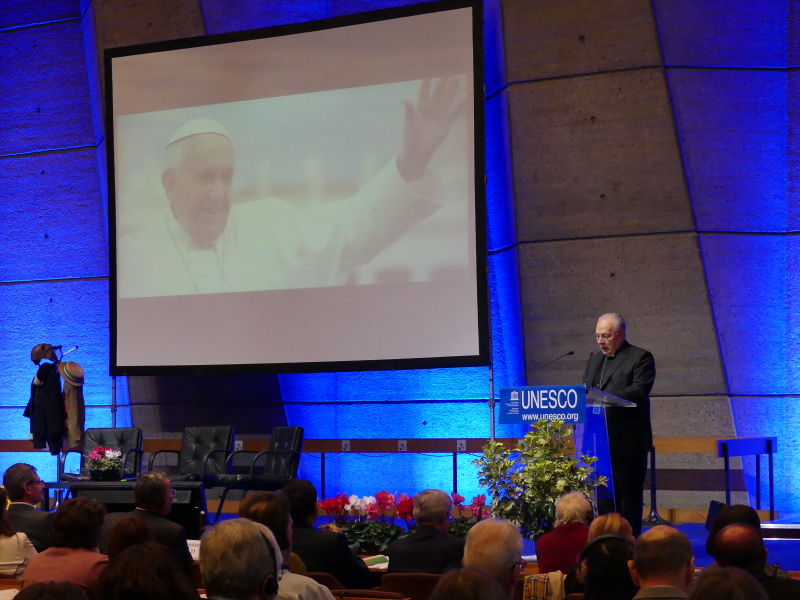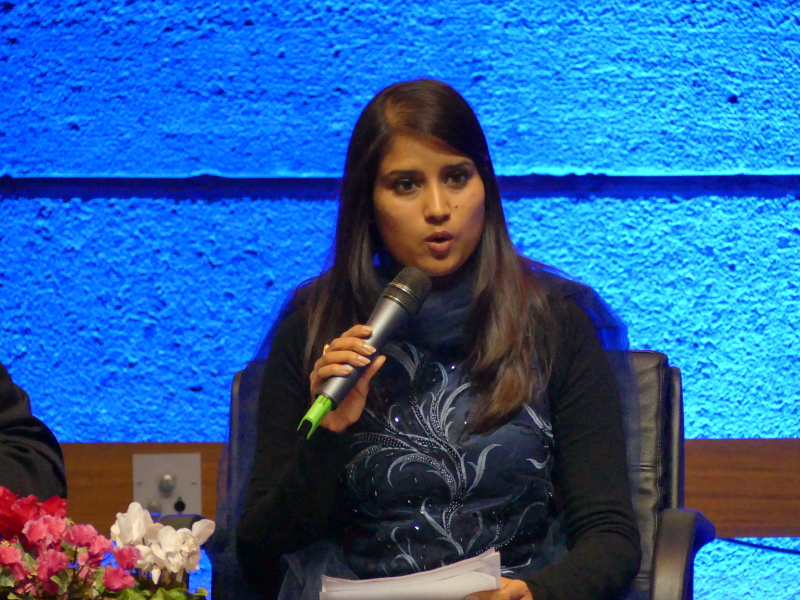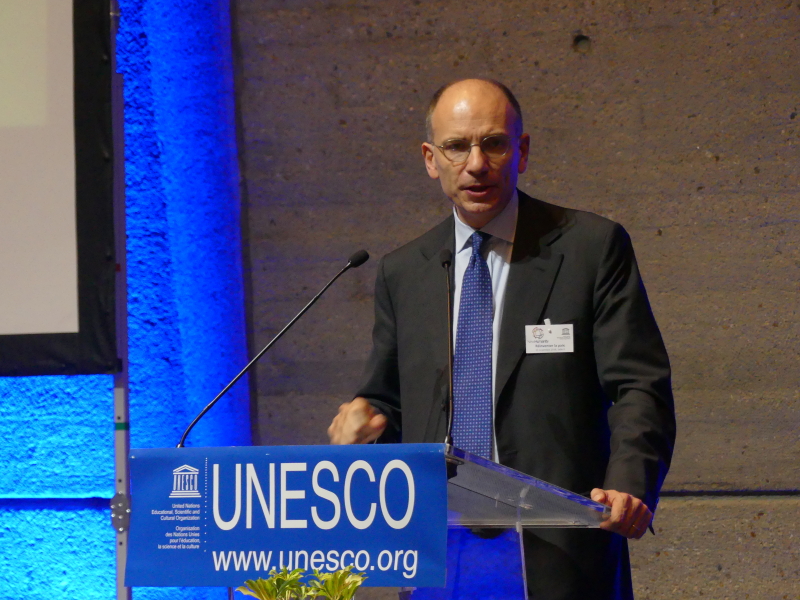“Today’s young people aspire to become global citizens and we aspire to a united world,” concluded Arooj Javed, a young student in International Relations, a statement which sums up the objectives of New Humanity.
This celebration of the 20th anniversary of the awarding of the Peace Education Prize to Chiara Lubich was not a nostalgic revisiting of the event. The recent US elections, the tragedy of refugees, climatic change, rising inequality, the greed-dominated markets – all these dramatic happenings, evoked by the various speakers, fully justified the title chosen for the symposium: “Reinventing Peace”. It was to discover – beginning with the Focolare communitarian spirituality – “new solutions” to the “agonizing face of new situations of war”, as expressed by Jesús Morán, the co-President of the Movement. Several catchphrases shed light on these reflections: intercultural laboratories, universal brotherhood, interreligious solidarity, the efforts of co-habitation and, above all, education in dialogue and peace.
“We need to dialogue as if in an orchestra, where each instrument is played in harmony with the others, thus creating a symphony,” Msgr Francesco Follo, permanent observer of the Holy See to UNESCO, said poetically. And Enrico Letta, President of the Jacques Delors Institute and former Prime Minister of Italy, commented: “In order to dialogue we must be aware that we are all minority groups on this earth. (…) If we make our own the fresh outlook and openness of young people, we can better understand that education for dialogue needs to be our fundamental mission.” One of the proposals outlined in the final declaration was a very practical one: “To offer Member States training courses for teachers in the art of global living”.
Francesco Follo, permanent observer of the Holy See to UNESCO, Photo © Fabio Bertagnin – CSC Audiovisivi
Chantal Joly (Paris)






0 Comments